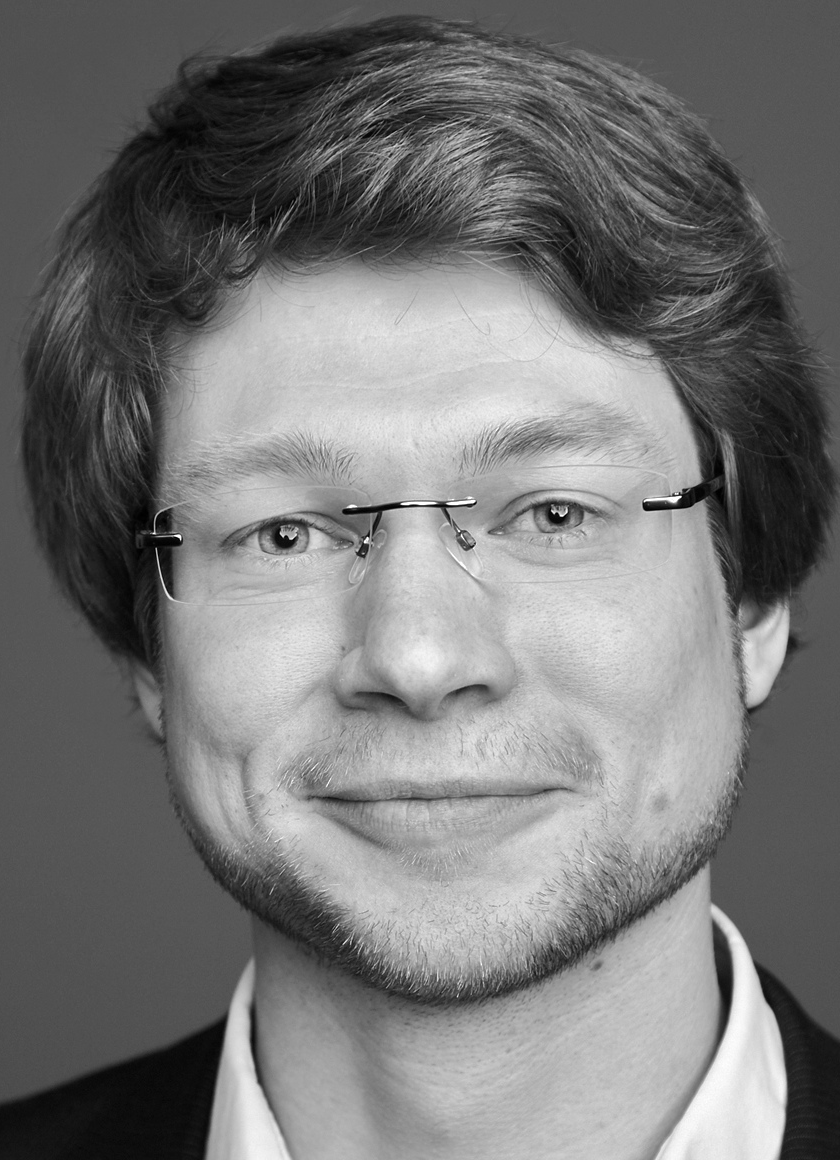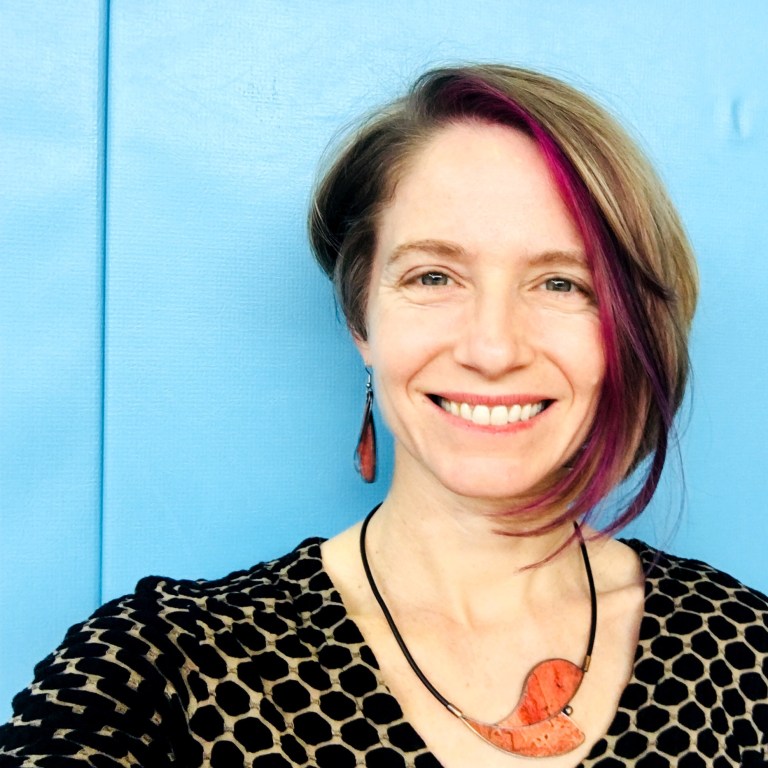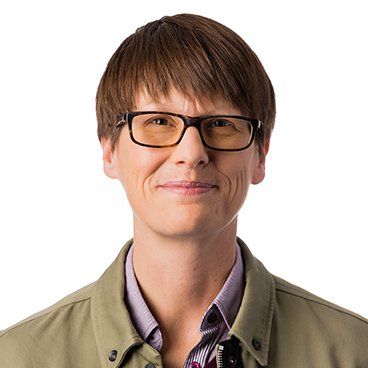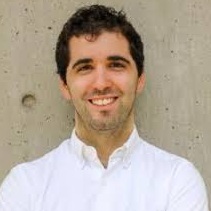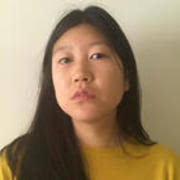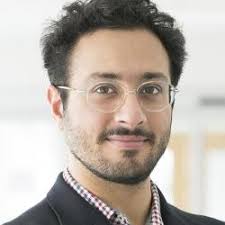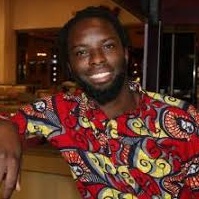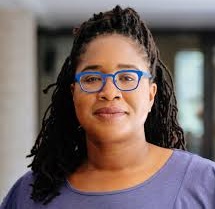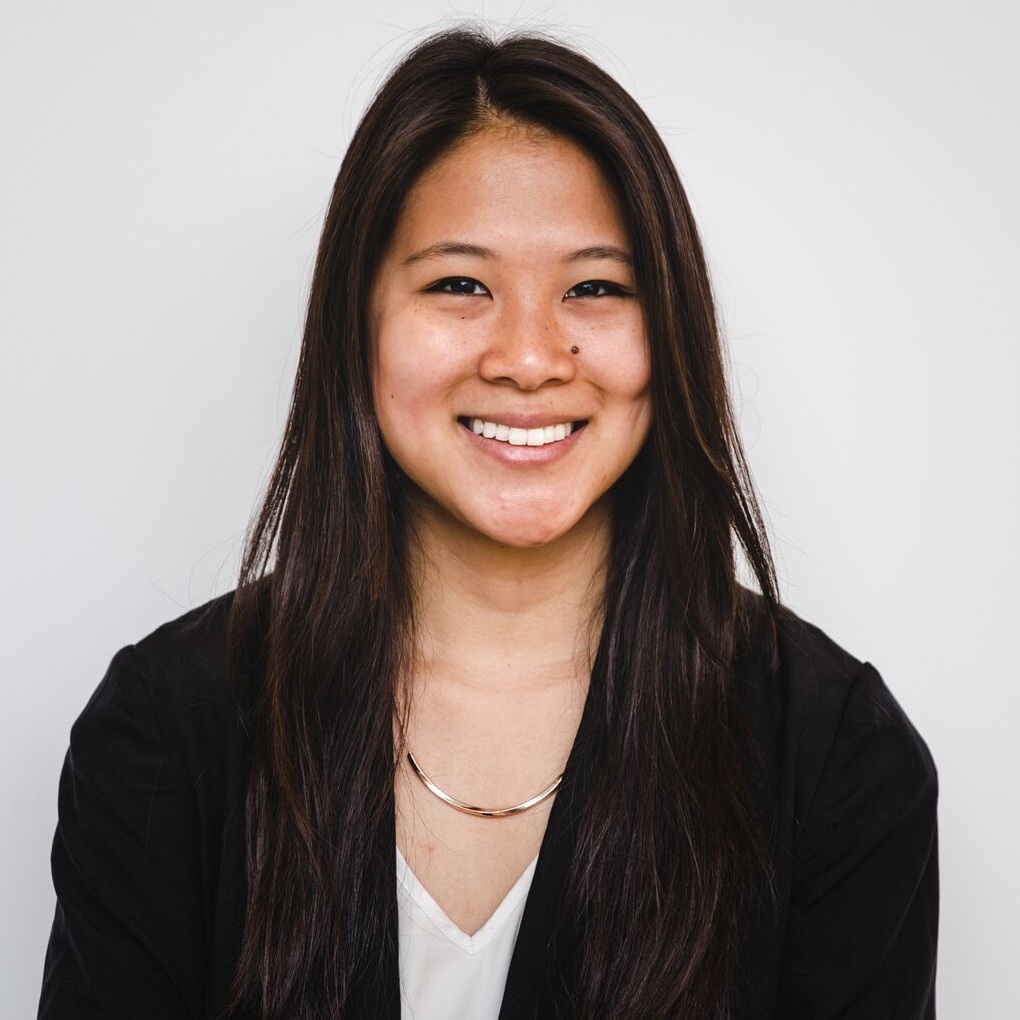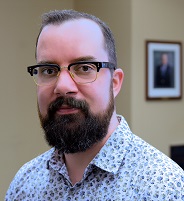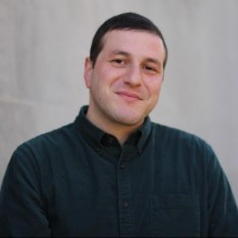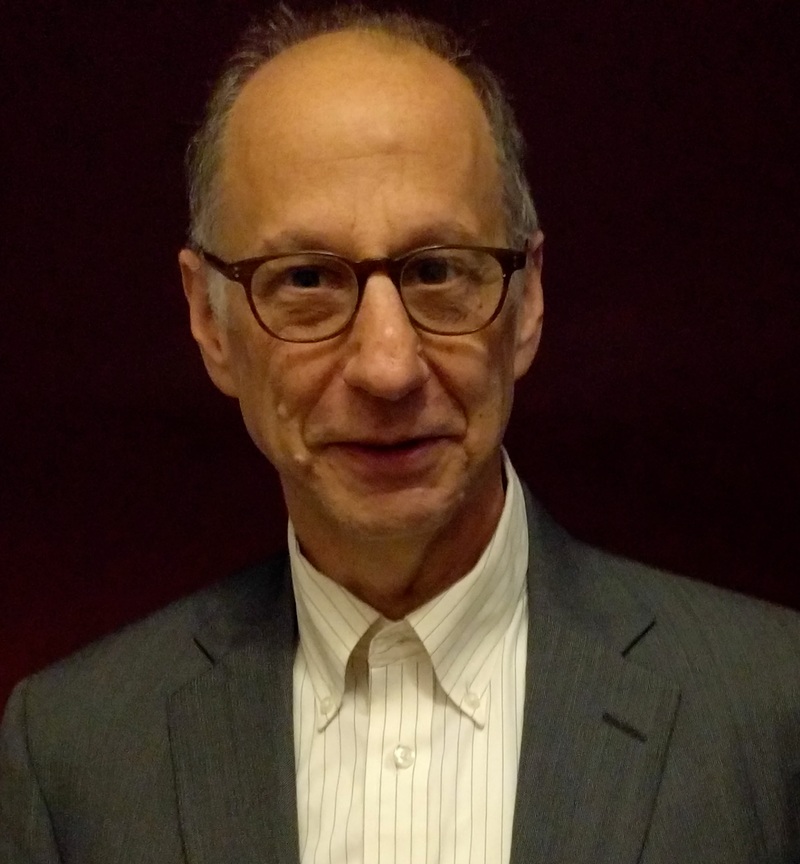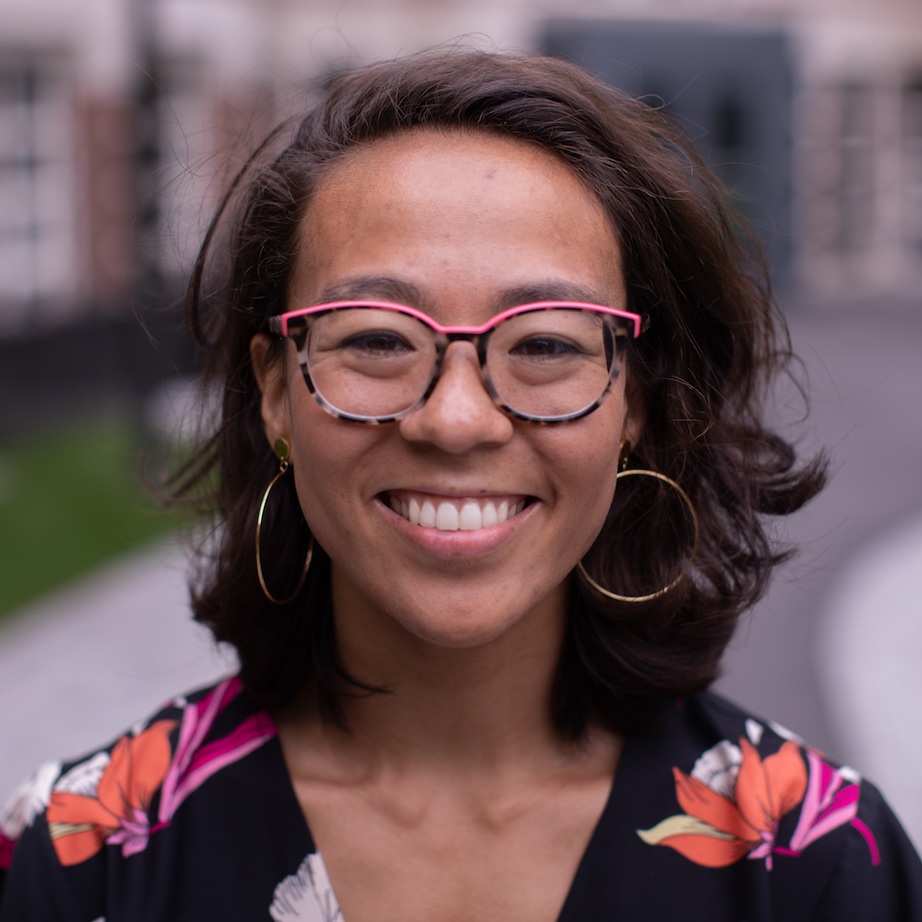Get in touch with any person individually, or send us all a message.
Kathy Pham is the founder of the Ethical Tech Collective. Kathy is a computer scientist and product leader who has held roles in product management, software engineering, data science, people operations, and leadership in the private, non-profit, and public sectors. Kathy’s work has spanned Google, IBM, Harris Healthcare, and the federal government at the United States Digital Service at the White House, where she was a founding product and engineering member. Kathy is a Fellow and Adjunct Faculty at the Harvard Kennedy School of Government, where she teaches Product Management and Society; affiliate at the Harvard Berkman Klein Center where she co-leads the Ethical Tech Working Group; fellow at Mozilla where she co-leads the Responsible Computer Science Challenge. She focuses on ethics and social responsibility with an emphasis on engineering culture, artificial intelligence, and computer science curricula. She is the founder of the Women in Product Boston, the Cancer Sidekick Foundation, and Unite for Sight southeast. Kathy has served on the advisory boards of the Anita Borg Institute and the “Make the Breast Pump Not Suck” initiative. She also advises startups, conferences, large tech companies, and non-profits on hiring, building teams, and community inclusion. Kathy has been recognized as First Lady Michelle Obama’s Guest to the State of the Union Address, a finalist in the StarCraft II After Hours Gaming League, and worldwide champion at the Imagine Cup Technology Competition. Her work has been featured in Wired, Politico, TechCrunch, NPR, VentureBeat, Nguoi Viet, and the Huffington Post. Kathy holds a B.S. and M.S. in Computer Science from the Georgia Institute of Technology (Atlanta, USA) and Supelec (Metz, France). @kathytpham
Thorsten Busch teaches digital business ethics, responsible innovation, digital games, and digital marketing ethics at the University of St. Gallen, Switzerland, Trinity Business School, Ireland, and HEC Montréal, Canada. His award-winning research on a wide range of issues in digital ethics has been published in outlets such as the Journal of Business Ethics, Ethics & Information Technology, and Convergence, and it has been presented at leading international institutions, including MIT, University of Oxford, and McGill University. Among other positions, Thorsten was a Postdoctoral Fellow in game studies at Concordia University in Montréal, Canada, a Visiting Assistant Professor in corporate social responsibility at the University of Konstanz, Germany, and a Senior Research Fellow in data ethics at the University of St. Gallen, Switzerland. In 2010, he took part in the Oxford Internet Institute’s Summer Doctoral Programme and was a visiting scholar at Harvard’s Berkman Klein Center for Internet and Society. Thorsten holds an M.A. in political science, economics, and management from the University of Oldenburg, Germany, and a Ph.D. in organizational studies and cultural theory from the University of St. Gallen, Switzerland. @DigitalEthics
Bao Kham Chau is a senior software engineer at Lyft and an affiliate at the Harvard Berkman Klein Center for Internet and Society. He received his B.A. in Computer Science, History, and Political Science at UC Berkeley and his A.M. in Regional Studies, East Asia at Harvard University. Prior to joining Lyft, he worked for a Cisco-acquired start-up that built a cloud cybersecurity product and a now-IPO’ed smart grid company that helped build the infrastructure for the Internet of Things. Additionally, Bao interned at NASA Dryden, where he participated in an experimental effort to bring back commercial supersonic flights. His research interests focus on the complex interplays between the digital and the analog. Specifically, Bao is interested in examining how to mitigate the harmful effects of algorithmic biases on predictive policing and recidivism software.
Catherine D'Ignazio is a scholar, artist/designer and hacker mama who focuses on feminist technology, data literacy and civic engagement. She has run women's health hackathons, designed global news recommendation systems, and created talking and tweeting water quality sculptures. Her forthcoming book from MIT Press, Data Feminism, co-authored with Lauren Klein, charts a course for more ethical and empowering data science practices. As of Jan 2020, D'Ignazio will be an assistant professor of urban science in the Department of Urban Studies and Planning at MIT where she will direct the Data + Feminism Lab.
Erhardt Graeff is a professor, social scientist, and civic technologist. He studies the design and use of technology for civic and political engagement. His current research examines how we measure the impact of technologies in terms of empowerment and civic learning and the ethical responsibility of technologists as stewards of democracy. Erhardt is currently playing an integral role in efforts to develop language and approaches to teaching context and ethics in engineering at Olin College. He has also been working on the relationship between ethical responsibility of engineers and the responsibilities of citizenship in order to articulate and synchronize the civic roles of higher education and technology. He regularly consults with foundations, companies, and nonprofits on civic education and civic engagement research and leads workshops on civic media and participatory design for students, educators, and social entrepreneurs. Erhardt is Assistant Professor of Social and Computer Science at Franklin W. Olin College of Engineering and a faculty associate at the Edmond J. Safra Center for Ethics at Harvard University. He holds a PhD from the MIT Media Lab, where he was a member of the Center for Civic Media. And he is a founding trustee of The Awesome Foundation, which gives small grants to innovative and promising projects.
Mary L. Gray is a Fellow at Harvard University’s Berkman Klein Center for Internet and Society and Associate Professor in the School of Informatics, Computing, and Engineering with affiliations in Anthropology and Gender Studies at Indiana University. Mary’s research looks at how automation, technology access, material conditions, and everyday uses of media and technologies transform people’s lives. Her books include In Your Face: Stories from the Lives of Queer Youth; the co-edited volume, Queering the Countryside: New Directions in Rural Queer Studies a Choice Academic Title for 2016; and Out in the Country: Youth, Media, and Queer Visibility in Rural America looking at how young people in the rural United States use the Internet to navigate identity, local belonging, and connections to broader queer communities. Out in the Country has won multiple awards from scholarly societies in Anthropology, Media Studies, and Sociology. Mary is one of the world’s experts in the emerging field of ethics and AI, particularly research at the intersection of computer and social sciences. She sits on the editorial boards of major anthropology, computer science and media studies journals, and her research has been covered by the Harvard Business Review, The Chronicle of Higher Education, The New York Times, Los Angeles Times, The Guardian, Nature, The Economist, and Forbes. She served on the Executive Board of the American Anthropological Association from 2008 until 2010 and chaired the Association’s 113th Annual Meeting. Mary sits on the Executive Advisory Boards of the Heinz Endowment Keystone Research Center on the Future of Work, Public Responsibility in Medicine and Research (PRIM&R), Stanford University’s “One-Hundred-Year Study on Artificial Intelligence” (AI100), and the Strada Institute for the Future of Work. @marylgray
Ben Green is a PhD Candidate in Applied Math at the Harvard School of Engineering and Applied Sciences and an Affiliate at the Berkman Klein Center for Internet and Society at Harvard. He studies the implementation and impacts of data science in local governments, with a focus on “smart cities” and the criminal justice system. Analyzing the intersections of data science with law, policy, and social science, Ben focuses on the social justice and policy implications of data-driven algorithms deployed by governments. His book, The Smart Enough City: Putting Technology in Its Place to Reclaim Our Urban Future, was published in April 2019 by MIT Press. Ben’s research draws on his extensive experience working with data and technology in municipal government. He most recently spent a year working for the Citywide Analytics Team in the City of Boston, where he developed analytics to improve public safety operations and civic engagement strategies for the City’s new open data program. Ben previously worked as a Fellow at the Eric and Wendy Schmidt Data Science for Social Good Summer Fellowship, and partnered with the City of Memphis, TN using machine learning to identify blighted homes. He also worked for a year at the New Haven Department of Transportation, Traffic, and Parking, where he managed the deployment of new parking meter payment technology. Ben completed his undergraduate degree in Mathematics & Physics at Yale College. His graduate work has been funded by the NSF Graduate Research Fellowship and the Herbert Winokur SEAS Graduate Fellowship @benzevgreen
Hannah Hilligoss is a J.D. candidate at Harvard Law School. Previously, she was a senior project coordinator at HLS’s Cyberlaw Clinic, based at the Berkman Klein Center for Internet & Society. In collaboration with Professor Jonathan Zittrain, Hannah designed, launched, and managed the Techtopia initiative, now known as the Assembly Student Fellowship. She also worked on the Center’s Ethics and Governance of AI research portfolio and coordinated Cyberlaw Clinic operations. Prior to joining the Clinic, Hannah worked at Harvard Kennedy School’s Ash Center for Democratic Governance and Innovation where she managed a portfolio of projects related to democracy, transparency & accountability, and international development. She also worked at the Small Arms Survey in Geneva where she contributed to a study on the sub-national distribution of violence against women in conflict settings. Hannah studied international relations and math at Boston College.
Lily Hu is a PhD candidate in Applied Mathematics at Harvard University and a Fellow at the Berkman Klein Center for Internet and Society, where she studies algorithmic fairness and philosophy of artificial intelligence and machine learning. Broadly, her academic interests include machine learning in social and economic environments, distributive justice, philosophy of science and social science, and thinking beyond utilitarianism. Her current time is divided between computer science-related research, where she studies machine learning in social settings, and philosophy work, where she considers the epistemological underpinnings of machine learning and the normative force of predictions issued by computational tools. Lily received an A.B. in Mathematics from Harvard College in 2015 and spent a year teaching English and Spanish history in Madrid on a Fulbright Fellowship. Her current work is supported by an NSF Graduate Research Fellowship. @uhlily
Jenny Korn is a feminist activist of color for social justice and scholar of race and gender in mass media and online communication. Currently, Korn is a Fellow and the Founder and Coordinator of the Race and Media Working Group at the Berkman Klein Center for Internet and Society at Harvard University. An award-winning author with numerous publications, she has given 100+ talks as invited keynote presentations, university guest lectures, interactive community education, and refereed conference presentations. As a public scholar, Korn has been quoted in interviews with CNN, Colorlines, Fox News, National Public Radio (NPR), South by Southwest (SXSW), U.S. News and World Report, and more. Korn examines identity and representation through online and in-person discourses, focusing on how popular concepts of race and gender are influenced by digital interactions, political protest, and institutional kyriarchy. @JennyKorn
Maciej Kuziemski is an Affiliate at the Berkman Klein Center, and a policy entrepreneur/strategist interested in politics of technology, sustainability transitions and civic empowerment. He is currently most excited about the intersection of automation and climate justice, imagining alternative power-sharing arrangements and curating knowledge exchange. Previously at i.a.: Harvard’s STS Program, European University Institute in Florence, UK Department for Business, Energy and Industrial Strategy, European Parliament and the Chancellery of the Prime Minister of Poland. Maciej holds MPP from University of Oxford and BA in European Studies from University of Warsaw. His work has been recognised by i.a. Fulbright Commission, Atlantic Council, German Marshall Fund and Aspen Institute. @kuziemsky
Momin M. Malik is a multidisciplinary researcher who brings statistical modeling to bear on critical, reflexive questions with and about large-scale digital trace data. He is broadly concerned with issues of algorithmic power and control, and of validity and rigor in computational social science. In addition to empirical work modeling social media and mobile phone sensor data, he works on how to understand statistics, machine learning, and data science from critical and constructivist perspectives, on ethical and policy implications of predictive modeling, and on understanding and communicating foundational problems in statistical models of social networks. He has an undergraduate degree in history of science from Harvard, a master's from the Oxford Internet Institute, and a PhD from Carnegie Mellon University's School of Computer Science. @MominMMalik
Sabelo Mhlambi is a computer scientist and researcher whose work focuses on the ethical implications of technology in the developing world, particularly in Sub-Saharan Africa, along with the creation of tools to make Artificial Intelligence more accessible and inclusive to underrepresented communities. His research centers on examining the risks and opportunities of AI in the developing world, and in the use of indigenous ethical models as a framework for creating a more humane and equitable internet. His current technical projects include the creation of Natural Language Processing models for African languages, alternative design of web-platforms for decentralizing data and an open-source library for offline networks. He conducts research on Ethics & Technology and extend his work on Artificial Intelligence for the Developing World. @sabelonow
Jasmine McNealy is a scholar of information, technology, community, and culture with a view toward influencing law and policy. She is currently an assistant professor in the department of telecommunication at the University of Florida’s College of Journalism and Communications. She is a fellow at the Berkman Klein Center Fellow at Harvard University and a Fellow at the Data & Society Research Institute. She is a (non-resident) Fellow at the Stanford University Digital Civil Society Lab and a visiting researcher with Spotify Research where she works with the Algo Bias squad. She earned a PhD in mass communication and a JD at the University of Florida, and a BS in both Journalism and Afro-American Studies at the University of Wisconsin. @JasmineMcNealy
Stephanie Thien Hang Nguyen is a research scientist at MIT Media Lab focused on the intersections of data privacy, human-centered design, and technology policies that impact marginalized populations. She previously led user experience and design for data privacy projects with the National Institutes of Health’s million person genome project and Johns Hopkins’ Precision Medicine team. Stephanie was lead designer at the Departments of Education, State, and Health and Human Services at the United States Digital Service at The White House, worked with Google X’s Project Loon, and manages her own independent design + research consultancy working with domestic and international clients. Research and work topics include: 1) Understanding and improving the user experience process from data collection to meaning 2) Translating privacy rights and legislation into digital products and services to better serve the needs of citizens 3) Collaborating with policymakers, practitioners, and civil rights advocates to reimagine meaningful choice and control in sharing personal data. She received a Masters in Public Policy at Harvard Kennedy School and a Bachelor of Arts in Digital Media Theory and Design at the University of Virginia. @stephtngu
Christian Sandvig is the Director of the Center for Ethics, Society, and Computing (ESC) and H. Marshall McLuhan Collegiate Professor in Information and Communication at the University of Michigan. He specializes in the ethics of algorithmic systems that filter, curate, and organize information. Sandvig is also the named plaintiff in Sandvig v. Barr (formerly Sandvig v. Sessions), a lawsuit brought by the ACLU to challenge the constitutionality of the major US anti-hacking law on behalf of computer experts and journalists. He has published over 50 scholarly articles and papers on the implications of technology; this work has been translated into French, Spanish, Russian, Portuguese, and Hungarian. His popular writing has appeared in Wired and The Guardian, and his research has been covered in The Economist, The New York Times, Le Monde, NPR, the BBC, The Atlantic, The New Yorker, and other venues. Sandvig was previously a computer programmer with industry experience consulting for a Fortune 500 company, a regional government, and a San Francisco Bay Area software start-up and has been an invited speaker at industry events such as SXSW interactive, the (NCTA) Cable Show, and ROFLcon as well as at Google, Microsoft, and Intel. Sandvig was previously named a “leader in science and technology policy” by the American Association for the Advancement of Science and received the US National Science Foundation CAREER award in Human-Centered Computing. @niftyc
Boaz Sender manages the web platform consulting company Bocoup where he works to make the web more predictable and inclusive through technology standards development and engineering. At the Berkman Klein Center, Boaz is active in the ethics working group, where he is working on a critique of the values embedded in “open source” production. Between 2016 and 2017, Boaz ran a contemporary art gallery with a focus on tech criticism. During this time he curated works from artists exploring the role and impact of technology on society. From 2011 until 2017, Boaz was an invited expert to the W3C where he started the Games community group, outlining a roadmap for “open web games”, and contributed to the web-platform-tests initiative. During this same period, Boaz also contributed to the jQuery, Backbone, and Grunt projects and helped start the jQuery Foundation where he served as a board member until its relaunch as the JS Foundation. Prior to Bocoup, Boaz worked as a front-end developer for a dot-com where he built early client side web applications. Boaz studied Liberal Arts at Bennington College from 2003 to 2005. His software production education came from working in open source communities, writing documentation, and working as a web developer. @BoazSender
Salome Viljoen is a Fellow in the Privacy Initiatives and Berklett Cybersecurity Projects at the Berkman Klein Center for Internet and Society. Salome’s research focuses on the intersection between law, technology and inequality. She is particularly interested in how the law governing technology facilitates the concentration of private power, and the distributive impacts of privacy and cybersecurity governance regimes. Before coming to the Berkman Center, Salome was an associate at Fenwick and West, LLP, where she worked with technology company clients on a broad variety of matters. She has a JD from Harvard Law School, an MsC from the London School of Economics, and a BA in Political Economy from Georgetown University. @salome_viljoen_
David Weinberger explores the effect of the technology on ideas. He does this through numerous books, articles, posts, classes, and talks. He is a senior researcher at Harvard’s Berkman Klein Center for Internet & Society and was recently co-director of the Harvard Library Innovation Lab, and a journalism fellow at Harvard's Shorenstein Center. Dr. Weinberger has been a marketing VP and adviser to high tech companies, an adviser to presidential campaigns, and a Franklin Fellow at the U.S. State Department. In five books he has explored the effect of the Internet on knowledge, on how we organize our ideas, on business, and on the core concepts by which we think about our world. His latest book, Everyday Chaos (HBR Press, 2019) argues that AI and the Internet are transforming our understanding of how things happen, enabling us to acknowledge the complexity and unknowability of our world. Dr. Weinberger has a doctorate in philosophy from the University of Toronto and lives in the Boston area. He is currently a writer-in-residence embedded in a Google machine learning research group.
Akina (Aki) Younge is a racial justice advocate, design justice practitioner, and facilitator for community building. She currently works as a Project Manager for WXY, leading their work on community based policy design for school integration in New York City. Aki's passion for ethical tech is focused on understanding how tech, data, and algorithms have been historically used as tools to perpetuate systemic racism, and what needs to be done so that they can be used as tools for racial justice and liberation. This passion comes from her personal experience as a biracial woman, her education in sociology and Masters in Public Policy, and her professional past as a grassroots legislative campaign coordinator and strategist. While in graduate school, she started an algorithmic justice study group, organized "Are the Robots Racist? Movement for Algorithmic Justice and Fairness" panel at the 2018 Black Policy Conference, and published the website automating.nyc with her classmates (Deepra Yusuf, Elyse Voegeli, and Jon Truong) for their capstone project.


